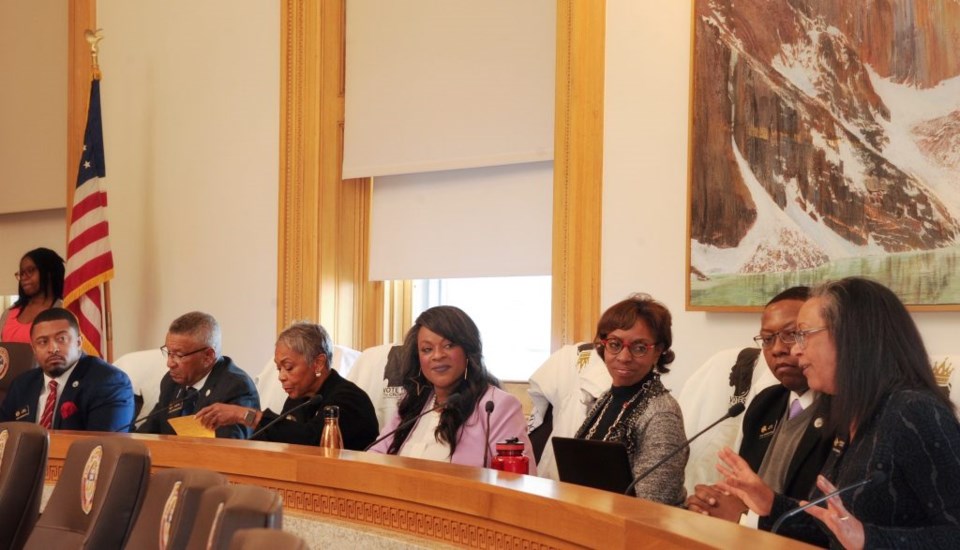This content was originally published by the Longmont Observer and is licensed under a Creative Commons license.
Denver, CO -- The CROWN Act, which will explicitly prohibit discrimination on the basis of hair texture, hair type, and protective hairstyles like dreadlocs, twists, tight coils or curls, cornrows, bantu knots, afros and headwraps, passed the Senate with bipartisan support and is now one step away from becoming law.
“Colorado is just one signature away from passing the CROWN Act, which would ban the racist practice of hair-based discrimination in education, employment and housing,” said Rep. Leslie Herod (D-Denver.) “The signing of this bill will have a real impact on the lives of not only African-American people, but all people who have been told to change their natural hair to fit someone else’s standards of acceptability.”

Sponsored by Rep. Herod, Representative Janet Buckner (D-Aurora) and Senator Rhonda Fields (D-Aurora), House Bill 20-1048 comes on the heels of nationally publicized incidents of hair discrimination including New Jersey student-wrestler Andrew Johnson, who was forced to cut off his dreadlocks to compete.
“This bill is for every little girl, boy and non-binary youth who was forced to change their hair to fit in. Our kids deserve to feel safe, to feel proud of their culture and heritage, and to be celebrated for their self-expression,” said Rep. Herod.
Colorado would be the fourth state to pass the CROWN Act, following California, New York and New Jersey. The CROWN Coalition, co-founded by Dove in partnership with the National Urban League, Color Of Change and the Western Center on Law, has taken a leading role in organizing support for the bill around the country.
The bill passed 42-21 in the House and 23-11 in the Senate. It now heads to Governor Jared Polis to be signed into law.

.jpg;w=120;h=80;mode=crop)
